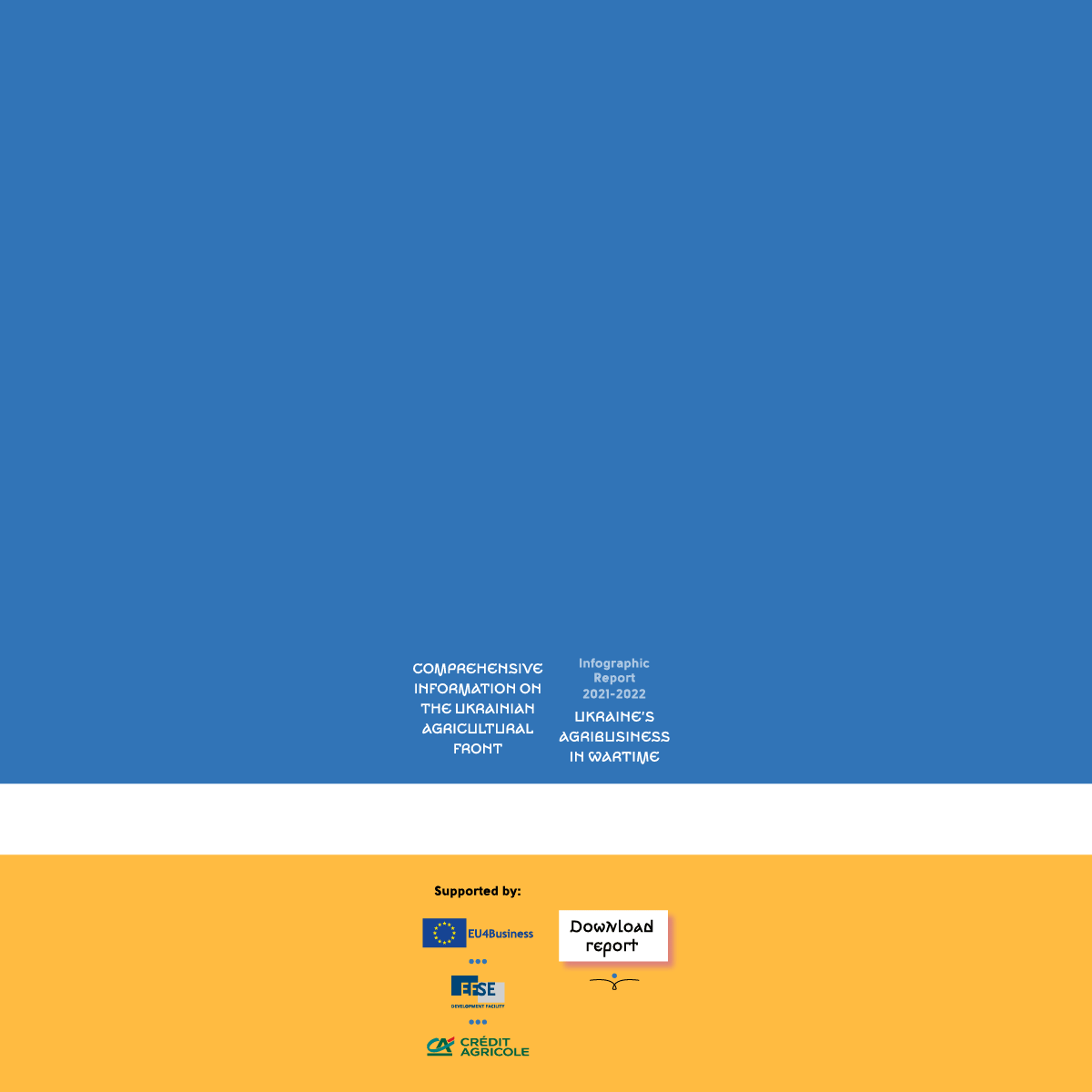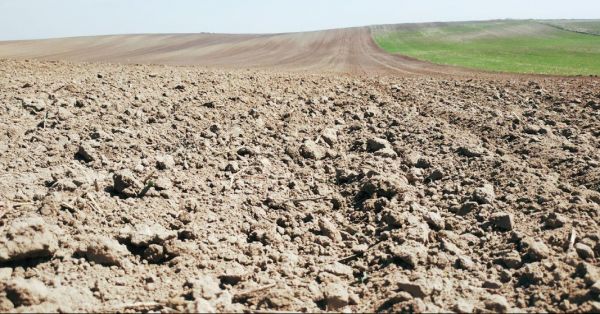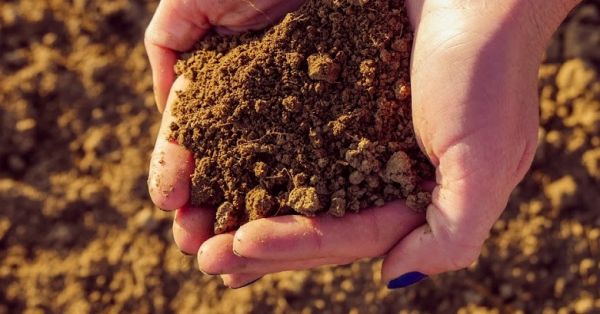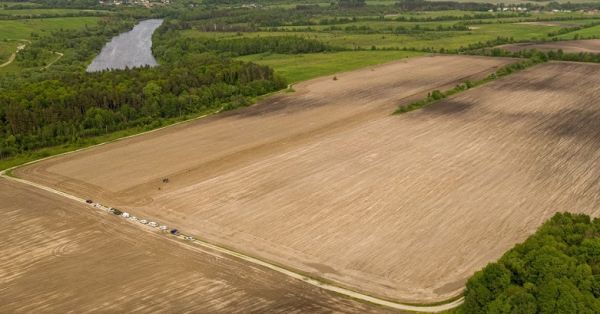To learn more about agribusiness in Ukraine, follow us on Facebook, on our channel in Telegram, and subscribe to our newsletter.
Life Beyond Farmland Market Liberalization in Ukraine

Photo by: Latifundist.com
Legislation on the agricultural land market has been in force for more than three weeks in Ukraine.
Which way is the situation heading?
Today, the outcome of sales and purchases of farmland is already evident in practically every region. If we compare them with the total volume of land in Ukraine, we see that there is no rush to sell, which is very expected.
The early data on land price suggest that, under the agreements, it definitely does not correspond to the actual calculations. Thus, if one checks the price per hectare for land sales transactions with an area range, for example, from 2 to 5 ha, one sees the cost per hectare varying between 100 USD/ha and 1.5 thou. USD/ha.
Furthermore, based on the monitoring data, there is absolutely no correlation between the cost of land and the value of soil quality in a particular region.
Thus, one hectare of arable land may be twice as expensive in Chernihiv or Dnipropetrovsk region compared to the price in Vinnytsya region.
What does this tell us?
First, artificial under-valuation of the transaction. Two factors may encourage the seller and the buyer to do this.
- The agreement was concluded earlier and there is no intention to pay personal income tax, as this is the one that depends on the expert monetary value and/or the amount stated in the agreement.
- Mistakes in entering transaction values into the register.
Another interesting field for studying the agricultural land market in Ukraine is notaries. For example, until 1 July 2021, it was easy to find a notary who would show an agreement on the disposal of an agricultural land plot not subject to the moratorium. After 1 July, everything changed completely — no more than 5% of the notary community deals with such transactions.
The one very simple reason — fear of being a pioneer
The procedure before 1 July and after differs significantly in at least two procedural steps:
- verification of the buyer;
- approving with the tenant to redeem the land plot in the event that the latter is encumbered by a lease.
From my practice, it is a four-to-five-hour challenge.
Verification of the buyer includes not only his but also his wife's background, as the buyer may have common property. However, if the buyer was married more than once, these details must also be checked. Although, it seems logical that a certificate of divorce should suffice.
Another special feature is the verification of one's share in legal entities. This applies mainly to agrarians who buy back land leased by their companies themselves. Previously, such enterprises could purchase household plots or land shares inherited by non-residents.
And if the legal entity, in which you are a founder or a shareholder, owns 100 ha of agricultural land — congrats, you reached the maximum volume of land to be purchased.
Negotiating a buyout with the tenant is probably the most disputed issue. Instances of practice:
- termination of a lease agreement;
- signing and registering the agreement on the transfer of the primary right in the register;
- a statement of renunciation of the primary right.
Every notary has a point on the matter.
All things considered,
- understatement of the value of transactions leads to distorted statistics of the real market value of agricultural land, so it is better not to discuss it now;
- notaries, as expected, have become a bottleneck in land-market relations;
- a bright side is that transactions do proceed. So there is nothing wrong with ending the moratorium era.
Vladimir Nagorny, Head of the Land Policy and Property Relations Department at MHP




